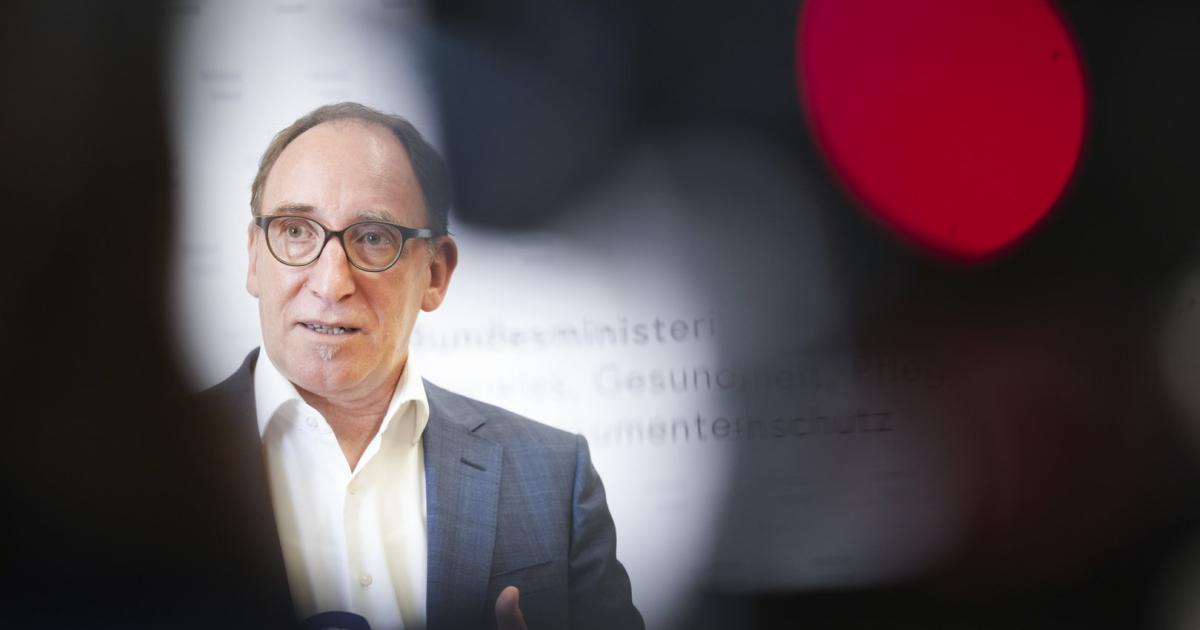In the ÖVP-led Ministry of Finance, it was already suspected weeks ago that – after the food trade and energy suppliers – banks would soon be in the public eye. It is a well-known fact that friendship stops when it comes to money – and so does the tolerance of the citizens.
The starting point is well suited for a victim-perpetrator narrative. On the one hand, the consumers, who suffer in several ways: their savings are devalued due to low interest rates and high inflation. A rough calculation example: Austria’s savers currently have 300 billion euros with the banks. With around eight percent inflation and almost zero interest rates, that’s 24 billion real assets lost per year. If you don’t save, but have debts, you could soon get stressed, especially with a variable-rate loan. And there are quite a few: Almost half of the total credit volume in this country has variable interest rates. According to the National Bank, the interest burden on debtors has doubled due to rising interest rates.
On the other side are the banks, whose profits reached “new highs” in 2022 according to the National Bank. In total, they earned 10.2 billion euros in 2022. Banks are “the big winners of the crisis in Austria”, criticized SPÖ finance spokesman Jan Krainer. Last week, Vice-Chancellor Werner Kogler, of all people, became the – at least partial – advocate of the financial sector, warning against “declaring banks to be enemies”.
The banking industry also went on the PR offensive last week. Erste Group boss Willibald Cernko, chairman of the banking division in the Chamber of Commerce, announced that the industry would accommodate borrowers with individual problems. He did not give details. It can be assumed that the banks will primarily extend the terms of their customers’ loans in order to reduce the monthly installments and the interest burden.
2023-08-19 12:30:55
#Interest #rates #politicians #targeting #banks

